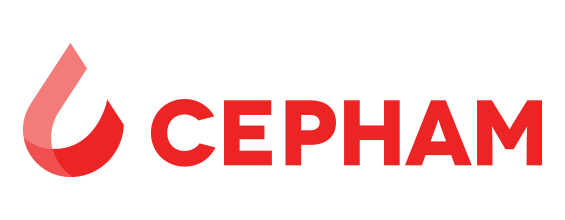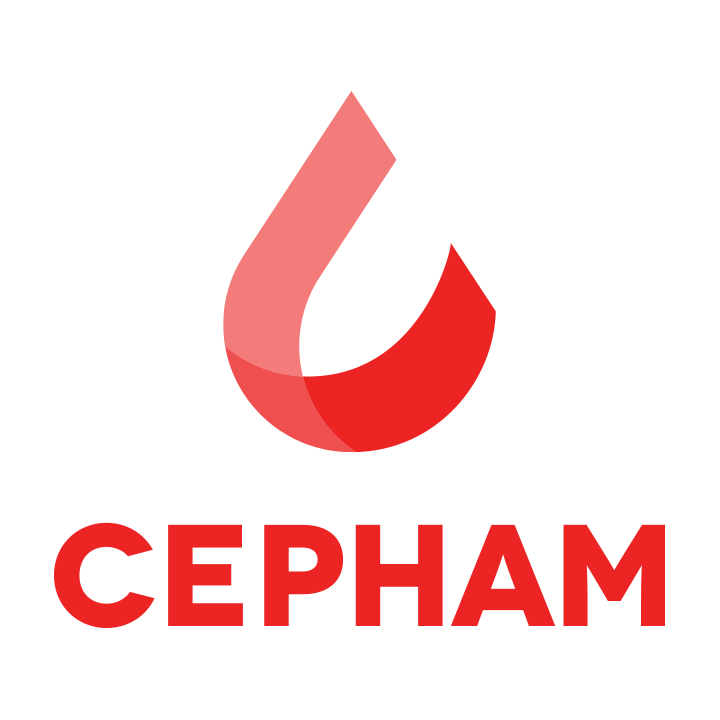AI Drug Discovery vs Supplement Discovery: A Comprehensive Analysis
The artificial intelligence revolution in molecular discovery has created two distinct ecosystems: pharmaceutical drug discovery and dietary supplement development. While both leverage sophisticated AI technologies, they operate under fundamentally different regulatory frameworks, timelines, and risk profiles that shape their technological approaches and commercial strategies.
PHARMACEUTICAL AI DRUG DISCOVERY COMPANIES
ESTABLISHED MARKET LEADERS
Insilico Medicine stands as the first company to demonstrate end-to-end AI drug discovery success, with their Pharma.AI platform comprising PandaOmics for target discovery, Chemistry42 for molecular design, and InClinico for clinical optimization. Having raised $400M+ in funding and achieved the milestone of advancing Rentosertib to Phase II trials; the first AI-discovered target and AI-designed drug to reach this stage, Insilico has validated the commercial viability of comprehensive AI drug discovery. Their 18-month discovery timeline represents a dramatic acceleration from traditional 4-6 year timelines, while partnerships with Sanofi ($1.2B potential value) and Pfizer demonstrate major pharma validation.
Schrödinger combines physics-based computational modeling with AI through their Maestro platform, supporting over 1,750 global customers and generating $100M+ annual revenue. Their public company status (NASDAQ: SDGR) and $150M Novartis collaboration showcase the maturation of computational drug discovery. Unlike pure AI approaches, Schrödinger’s 30-year physics foundation enhanced by machine learning has contributed to FDA-approved drugs like Idhifa and Tibsovo.
Recursion Pharmaceuticals has emerged as a clinical-stage AI powerhouse through their $688M acquisition of Exscientia in 2024, combining phenotypic screening with chemistry AI. Their $665M total funding and successful IPO demonstrate investor confidence, while their Phase 2 success with REC-994 for cerebral cavernous malformation provides crucial clinical validation. The company’s 60+ petabytes of proprietary data and $20B+ potential milestone payments from partnerships position them as a major platform player.
EMERGING INNOVATORS
Atomwise pioneered convolutional neural networks for molecular recognition through their AtomNet platform, achieving 74% success rates in identifying active compounds versus traditional screening. Despite $219M in funding and 750+ research collaborations, their first internal program only recently entered IND-enabling studies, highlighting the challenges of translating AI insights to clinical success.
Relay Therapeutics focuses on motion-based drug design through their Dynamo platform, studying 4D protein structures to target previously “undruggable” proteins. Their $520M pre-IPO funding and $552M current market cap reflect investor confidence in their novel approach, with RLY-2608 advancing to Phase 3 trials for PIK3CA-mutated breast cancer.
BenevolentAI faced significant challenges despite early success, including multiple layoffs and going private in 2024 after reaching peak valuations over $2B. Their successful COVID-19 drug repurposing (identifying baricitinib) demonstrates platform capabilities, but clinical failures have highlighted execution risks.
SPECIALIZED APPROACHES
Enveda Biosciences has built the world’s largest natural product discovery platform with $360M in funding and their PRISM foundation model trained on 1.2 billion mass spectra. Their first-in-class anti-inflammatory ENV-294 successfully completed Phase 1a trials and represents the intersection of AI and natural products chemistry.
Pangea Bio focuses specifically on neurological disorders through their PangeAI platform, integrating traditional medicinal knowledge with computational metabolomics. Despite smaller funding ($11.6M), their OT-003 compound targeting TrkB receptors is entering Phase 1 trials in Q1 2025.
Healx specializes in rare disease drug repurposing through their Healnet platform, achieving 94% success rates in identifying active compounds. Their $110M total funding and 21+ development programs demonstrate the efficiency of AI-driven repurposing approaches.
AI SUPPLEMENT DISCOVERY COMPANIES
Brightseed has established itself as the leading AI supplement discovery company with $120M in funding and their Forager platform mapping 2 million plant compounds. Their first commercialized ingredient Bio Gut Fiber from hemp hulls demonstrates successful translation from AI discovery to market, with Pharmavite and Danone partnerships validating their approach.
Nuritas claims the first AI-discovered ingredient brought to market with PeptAIde, leveraging their Magnifier platform and 8M+ peptide library. Their $150M+ funding and 69% discovery success rate significantly exceed traditional pharmaceutical success rates, with commercialized products including PeptiStrong and PeptiYouth.
NutrifyGenie represents the first AI platform to achieve ISO certification in the supplement industry, offering 9-month idea-to-market timelines with plans to reduce this to 90 days. Their integrated commercialization suite spans ideation to market launch across 11 countries.
PIPA focuses on platform licensing rather than proprietary ingredients, with their LEAP platform achieving 35% hit rates versus <1% traditional screening. Their Fortune 500 partnerships including Mars Inc. demonstrate enterprise-grade capabilities.

